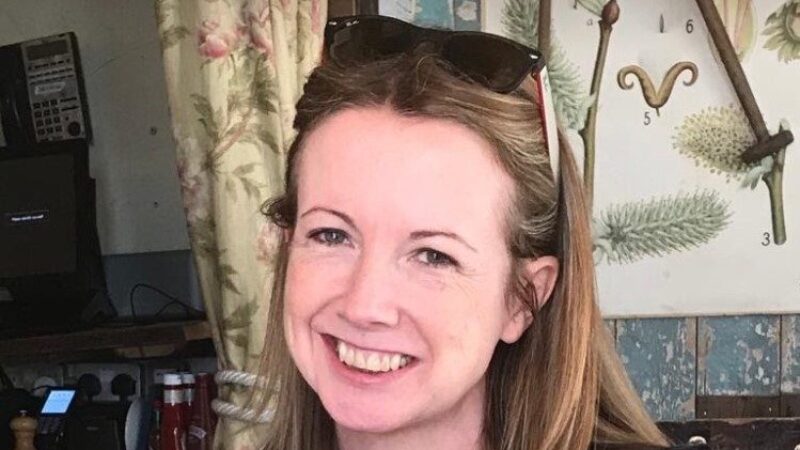
A blood donation has found its way home to Teesside after a Billingham-born woman made a donation more than 160 miles away.
When 51-year-old data manager Michelle Medford, born and raised in Billingham, made her usual blood donation at her home in Crewe, she thought nothing of it.
But she received a nice surprise when she got a text saying that her B negative blood – a rare blood type – had been sent all the way to the University Hospital of North Tees to help save or improve someone’s life.
Michelle said: “My blood has definitely made its way home this time!
“I’m so used to donating over this side of the country. It usually goes to Manchester. Then I got the latest text saying that it had gone all the way to Teesside.
“It’s really special for a little piece of me to find its way back home.”
Michelle lived in Billingham for more than 20 years before eventually moving to Crewe in 1990 where she has resided ever since with her husband Paul.
When asked why she regularly donates blood, Michelle said: “Giving blood is just such a wonderful thing to do. It helps to save lives and your blood replenishes so there’s really no harm in donating.”
How does donated blood help?
For people undergoing surgery or with medical conditions such as anaemia and cancer blood disorders, blood donations are vital. However, transfusions can also improve the quality of life for people whose illness has no cure.
Debbie Cox is a blood transfusion coordinator in the pathology team at the University Hospital of North Tees. She said: “Donated blood is split into three components so each donation can potentially save the lives of three people.
“Donation is a selfless act and all staff who work in transfusion are grateful for the actions of our donors. Without them, many patients would not have the life they also deserve.”
Become a blood donor
NHS Blood and Transplant is currently on the lookout for new blood donors. In 2020 the community of active donors shrank to its lowest level since 1996.
Now, an unprecedented 100,000 new donors are needed to register and donate blood by next spring to fill the gaps left by those who retired from giving blood last year. The NHS is particularly keen for donors with rare blood types.
Marie Walker, transfusion laboratory manager at the Trust, added: “Our transfusion team work around the clock to provide blood for our patients, whether this is for inpatients or day care patients.
“Blood group B negative is a rare blood group and only 3% of the UK population are B negative. In order to fulfil the requirements for blood, NHS Blood and Transplant coordinate all donations and these are often transported to different areas of the UK to support demand at any given time”
To become a donor today and to find a centre near you, please visit Give Blood.